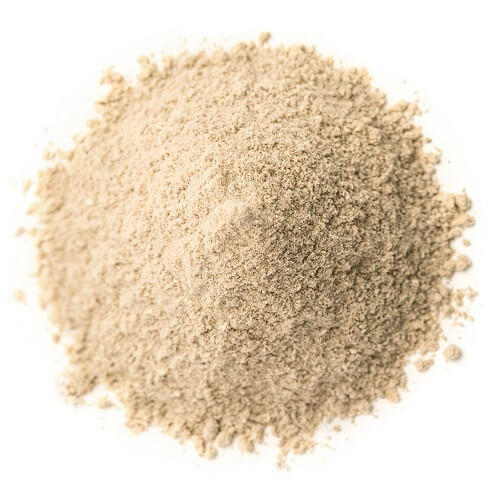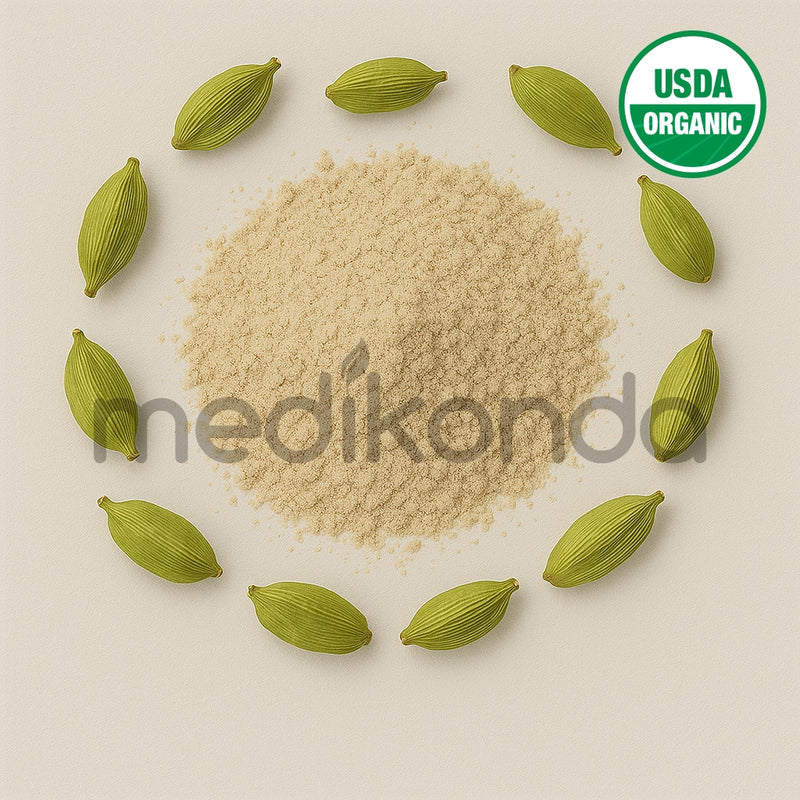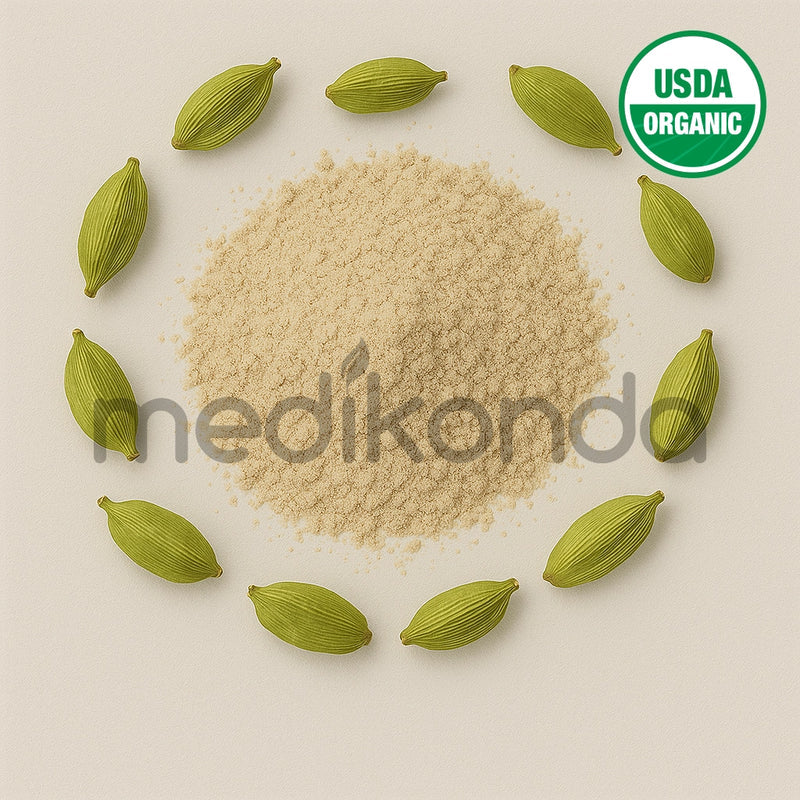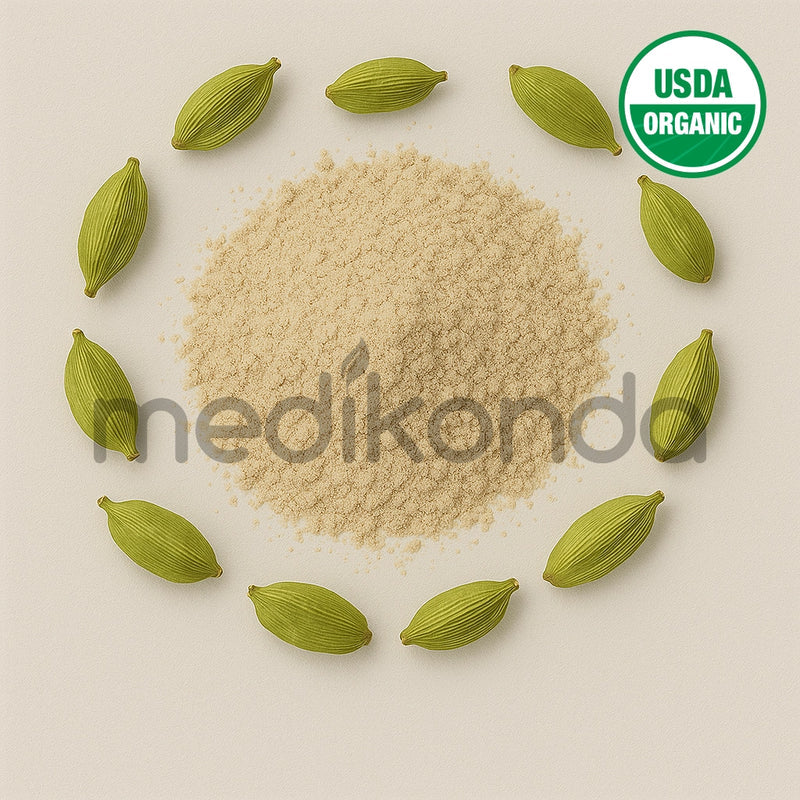Add description, images, menus and links to your mega menu
A column with no settings can be used as a spacer
Link to your collections, sales and even external links
Add up to five columns
Add description, images, menus and links to your mega menu
A column with no settings can be used as a spacer
Link to your collections, sales and even external links
Add up to five columns
LOOKING FOR BULK INGREDIENTS PRICING?
GET INSTANT QUOTEwhat ingredient are you looking for?

Benefits of Pepsin - Wholesale B2B Bulk Suppliers in Australia and New Zealand
Pepsin: The Essential Digestive Enzyme for Protein Breakdown
What is Pepsin?
Pepsin is a powerful digestive enzyme responsible for breaking down proteins into smaller peptides in the stomach. It is one of the first enzymes activated during digestion and is secreted by the chief cells in the stomach lining as an inactive precursor called pepsinogen. Once exposed to the acidic environment of the stomach (due to hydrochloric acid), pepsinogen is converted into active pepsin.
Role of Pepsin in Digestion
Pepsin plays a crucial role in protein digestion:
-
It cleaves peptide bonds in large protein molecules, breaking them into smaller chains of amino acids.
-
These peptides are later further broken down by enzymes in the small intestine.
-
This process is vital for the absorption of essential amino acids that are used to build and repair tissues, produce enzymes and hormones, and support immune function.
How Pepsin Works
Pepsin operates best in the highly acidic pH range of 1.5 to 2.5, typical of the stomach. Its main action is:
-
Hydrolyzing peptide bonds, especially those involving aromatic amino acids like phenylalanine, tryptophan, and tyrosine.
-
Reducing complex protein structures into smaller fragments, making them easier to digest downstream.
Medical and Supplemental Uses
1. Digestive Support
Pepsin is often included in digestive enzyme supplements, particularly for individuals with:
-
Low stomach acid (hypochlorhydria)
-
Indigestion or bloating
-
Pancreatic insufficiency
These supplements may pair pepsin with betaine hydrochloride (HCl) to support proper stomach acid levels and aid in protein digestion.
2. Laboratory and Industrial Applications
Pepsin is also used in:
-
Biochemical research for protein breakdown and peptide mapping.
-
Food industry, particularly in cheese production and collagen extraction.
Symptoms of Pepsin Deficiency
Insufficient pepsin or stomach acid can lead to:
-
Poor protein digestion
-
Nutrient deficiencies (especially amino acids, iron, B12)
-
Bloating, gas, and heaviness after meals
-
Impaired immune function
People with chronic digestive issues may benefit from enzyme testing and targeted supplementation.
Natural Sources and Regulation
Pepsin is naturally produced in the body, but certain factors can affect its production:
-
Age – stomach acid and enzyme production decline with age
-
Stress and poor diet
-
Medications such as antacids and proton pump inhibitors (PPIs)
To support natural pepsin levels:
-
Eat protein-rich foods regularly
-
Avoid overuse of acid blockers
-
Consider fermented or enzyme-rich foods
Final Thoughts
Pepsin is a vital enzyme that initiates the complex process of protein digestion in the stomach. Without it, proteins cannot be properly broken down, leading to nutritional imbalances and digestive discomfort. Whether through natural production or supplemental support, maintaining healthy pepsin function is essential for optimal digestion, nutrient absorption, and overall well-being.
For bulk orders and inquiries, visit Medikonda Nutrients - Pepsin
Medikonda Nutrients is the Largest Manufacturer, B2B Bulk Wholesale Supplier of Pepsin in Australia and New Zealand.
Also in Medikonda: Health & Wellness
SUBSCRIBE NOW ...
Don't miss to get latest updates on sales, new releases and promotions




